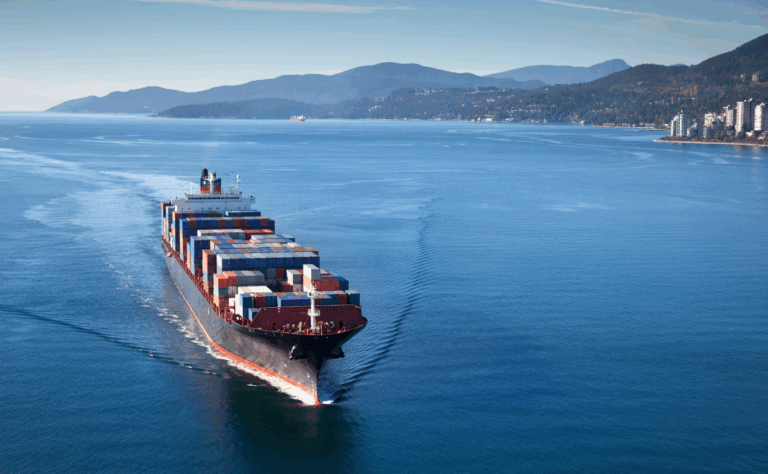
Island logistics: unique challenges, smart solutions

Talking about logistics in island territories means dealing with unique challenges. Distance from the mainland, dependence on maritime or air transport, limited space, and weather conditions all contribute to a supply chain environment that requires tailored solutions.
In these regions, proper planning and digitalization are key to achieving a supply chain that is efficient, resilient, and sustainable. And this reality extends beyond any specific geography—around the world, logistics in island settings shares the same objective: ensuring goods arrive at their destination on time, at the lowest possible cost, and with full traceability.
In environments where error margins are minimal and logistics alternatives are limited, technology becomes a critical ally.
Island logistics challenges: striking a delicate balance between reliability and efficiency
One of the main difficulties in island logistics is the reliance on external transport. With no land connections, the supply of goods depends almost entirely on maritime transport, and to a lesser extent, air freight. This means longer transit times, higher operating costs, and constant exposure to unforeseen delays, strikes, or severe weather conditions.
Planning becomes even more complex due to the need for anticipation. A forecasting error or stock planning failure can lead to inventory shortages that are difficult to resolve in the short term. On the mainland, flexibility allows for quick adaptations—but in islands, logistics flexibility is much more limited.
In some cases, additional complexity is added by fiscal regulations and customs management. Complying with specific documentation requirements and operating in free zones or bonded warehouses calls for specialized processes and technical know-how.
Limited space, tightly managed operations
Another critical factor is space scarcity. In urban or high-tourism areas, logistics operators must compete for available land, driving up real estate costs and requiring the optimization of every square meter of warehouse space. This means not only precise physical organization but also a strategic approach to inventory management.
Mobile racking, well-planned picking zones, and streamlined inbound and outbound flows are essential. Yet none of these can work effectively without a solid information system that coordinates operations and supports real-time decision-making.
Digitalization: a necessity, not a choice
Facing these challenges, digitalization is not a luxury—it is a must. Automating processes, digitizing goods receipt, route planning, order management, and stock visibility all help island operators improve both reliability and agility.
A WMS (Warehouse Management System) in an island context allows real-time control of goods movement, better product rotation, supply forecasting, and enhanced traceability. Some systems even include collaborative portals, as IzyWeb, where customers can check inventory or place orders independently, improving the overall experience.
In islands where logistical disruptions can severely impact service levels, a modern warehouse management system can be the difference between retaining or losing a customer.
Technology and local talent: a winning combination
One of the key benefits of digitalization in island environments is empowering local teams. With the right tools, warehouse operators and logistics managers can respond quickly, make informed decisions, and keep operations running smoothly—even in the face of disruptions like a delayed vessel or an incomplete delivery.
Investing in training, providing intuitive digital tools, and working with solutions tailored to the island context is essential to achieving efficient and sustainable operations.
A good example of this is Reunion Inland, a logistics provider on the island of La Réunion. Founded in 2020 by the La Perrière Group, the company chose to digitalize its operations with ACSEP’s IzyPro WMS, implemented with support from local partner SEAL-OI. With this solution, Reunion Inland has improved traceability, optimized space utilization, and increased service reliability in a context marked by frequent logistical disruptions.
Adapting to the environment is possible
Island logistics presents clear challenges—distance, limited space, transport dependency, climate, and fiscal complexity. However, with proper planning, digital processes, and smart tools like WMS systems, these limitations can be transformed into competitive advantages.
The future of island logistics lies in flexible, intelligent, and context-specific solutions. Embracing digitalization is undoubtedly the first step to building efficient, resilient, and future-ready operations.



